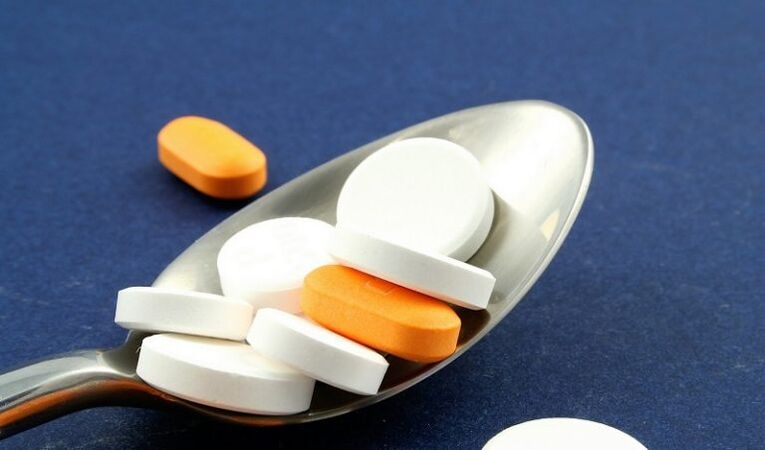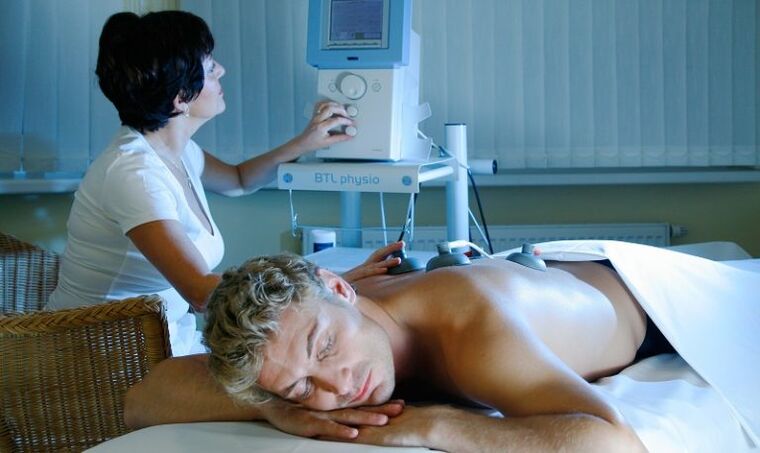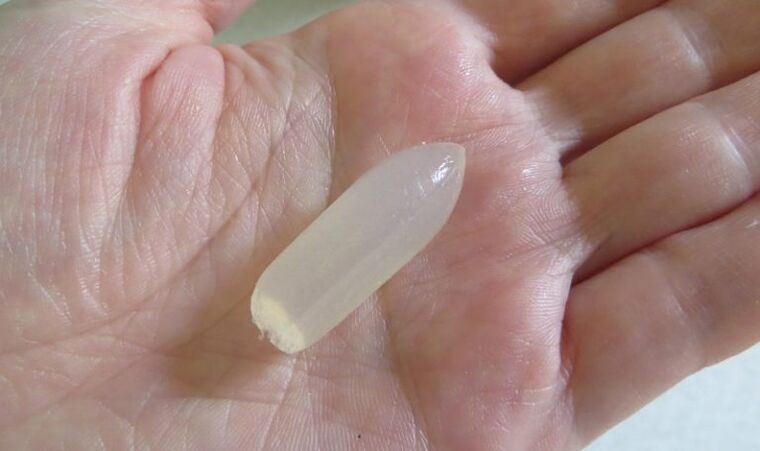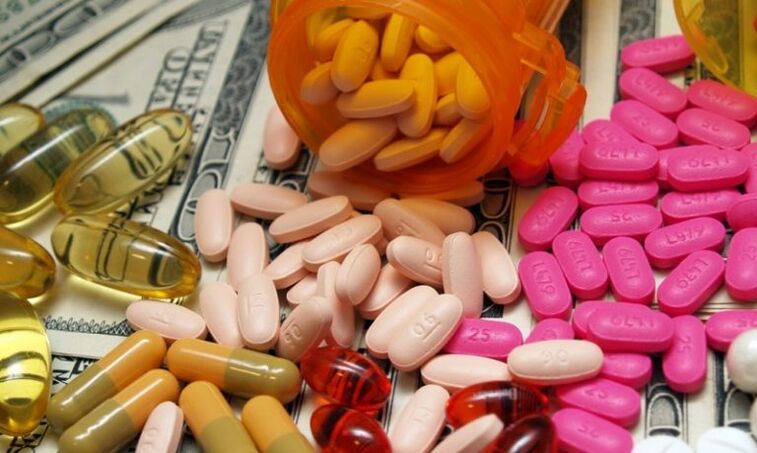An experienced doctor should be involved in the treatment of prostatitis. Based on the results of the examination and the prescribed laboratory tests, a therapeutic program is selected.
As a rule, this is the 1 most effective method of treating prostatitis, taking into account the specific characteristics of the patient's health, and 2-3 additional prescriptions that have an auxiliary role.
Methods for the treatment of prostatitis
To better understand which methods of treating prostatitis have the greatest effect, it is necessary to disassemble each separately. This will give us the opportunity to present the picture of the treatment in more detail.
Antibiotic therapy
The most effective way to treat prostatitis is to take antibiotics in a course. Since inflammation is most often caused by the pathogenic activity of pathogenic bacteria, the action of drugs should be aimed at eliminating uncontrollably multiplying microbes.

In the acute form of prostatitis, intravenous or intramuscular administration of drugs is prescribed. After significant relief of symptoms, the patient is switched to oral antibiotics.
Moreover, first of all, drugs of a wide spectrum of action are used. If they give a positive response from the body and the results of subsequent tests improve, then the doctor adheres to this treatment system.
In the case of identifying a specific microbe that caused an inflammatory process in the prostate, the treatment can be directed. More often antibiotics act bacteriostatically, that is, they are aimed at preventing the multiplication of the colony.
And the neutralization of existing microbes should be dealt with by human immunity. Such drugs have a milder effect on the body and practically do not cause side effects. They also destroy the beneficial intestinal microflora to a lesser extent.
Bactericidal drugs also occupy their niche among the methods of treating prostatitis. Their task is the complete destruction of pathogenic microorganisms. They help to cope with the problem as soon as possible, but require a long rehabilitation course after antibiotic therapy.
They are prescribed only in cases where PCR and BAC-urine culture indicate the only variant of the causative agent of prostate disease.
Prostate massage
The most effective way to treat chronic prostatitis is with a course of massage. In terms of its benefits, there is little comparable to direct prostate massage. Not a single state-of-the-art apparatus is capable of replacing an experienced specialist.
During the latent course of chronic prostatitis, prostate massage does not cause pain in the patient. The course contains, as a rule, 7-10 procedures, each of which lasts for 1. 5-2 minutes. This time is allotted for the allocation of 3-4 drops of prostate secretion through the urethra.
Each lobe of the prostate is massaged separately. Movements should be soft. The intensity is adjusted according to the patient's sensations. If a man begins to experience pain, then the doctor reduces the pressure on the prostate.
Massage improves blood circulation, reduces swelling of the lobes of the prostate gland, and normalizes the functions of the genitourinary system. If the pathogenic microflora in the prostate is active, then during the massage there is a high-quality cleansing of the organs. The resulting discharge is sent for research, which helps in clarifying the diagnosis.
Physiotherapy
Physiotherapy is used as a complex therapy. The magnetic effect is able to gently improve the condition of the prostate. Electrophoresis not only stimulates blood circulation, but also promotes a better outflow of stagnant prostate secretions. Warming up helps to reduce the swelling of the prostate and provides a drainage effect.

The most effective way to treat prostatitis for sexual dysfunction is physiotherapy. Stimulation of the body's protective potential helps in the fight against pathogens of the inflammatory process. The swelling decreases and the rate of cell regeneration increases, which leads to a rapid restoration of a healthy state of the prostate.
Suppository drugs
For different forms of prostatitis, rectal suppositories are prescribed. They can have antimicrobial and anti-inflammatory effects. Carry out a preventive or curative function.
Suppositories have the advantage of being targeted. If the effect of taking the pills has to be expected due to the physiological characteristics of the structure of the body, then the rectal administration of suppositories helps to immediately affect the affected organ.

Suppositories can have an antispasmodic effect. With a painful contraction of the muscle tissue of the prostate, they are prescribed for symptomatic treatment, which helps to reduce discomfort and improve the process of urination.
Rectal analgesic drugs are also used. They quickly and effectively relieve pain. They act almost instantly. But they should only be prescribed by the attending physician.
Biologically active additives
Biological agents help in the treatment of the prostate, affecting the body in a complex or targeted manner. They have no contraindications and do not lead to the formation of side effects.

Of course, the appointment should be carried out by a specialist who understands the effect of a particular drug. The dosage and course are determined on an individual basis. But most patients note the positive effect of taking dietary supplements both as an auxiliary therapeutic and prophylactic agent.
so, we have considered all the methods of treating prostatitis. Your doctor will decide which one is right for you. In no case do not self-medicate, and at the first symptoms of the disease, immediately consult a doctor.























